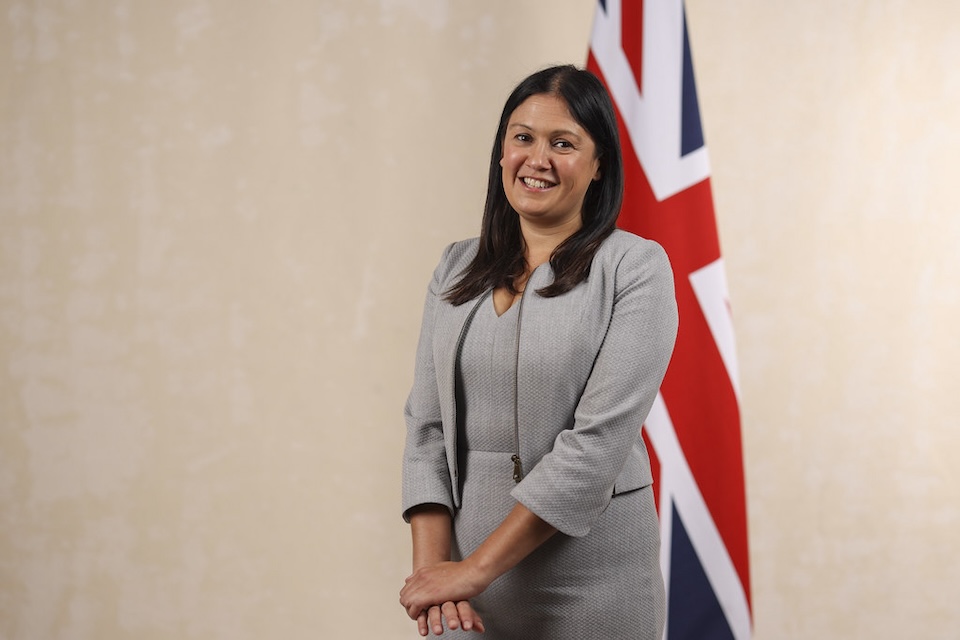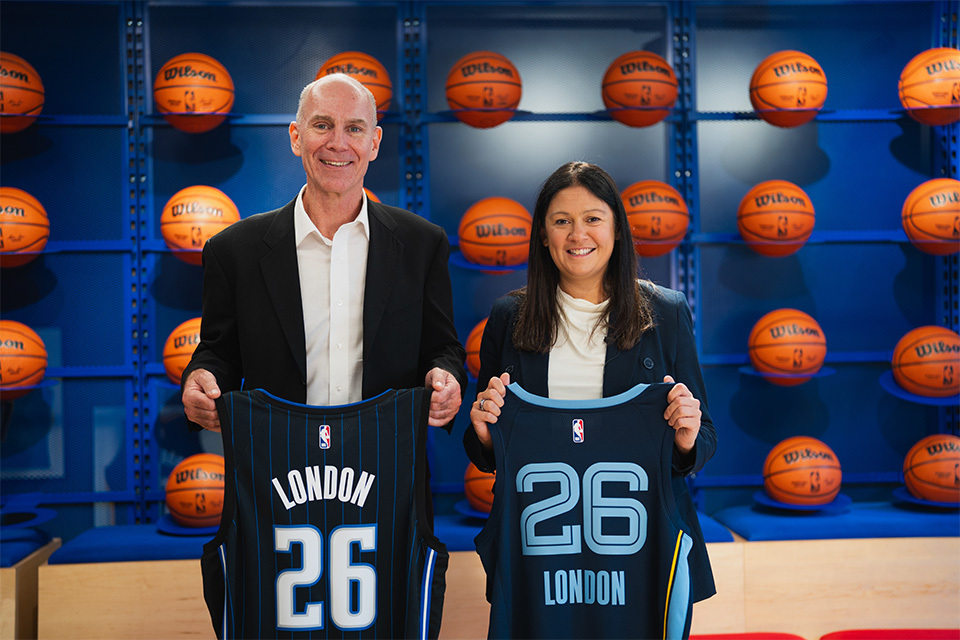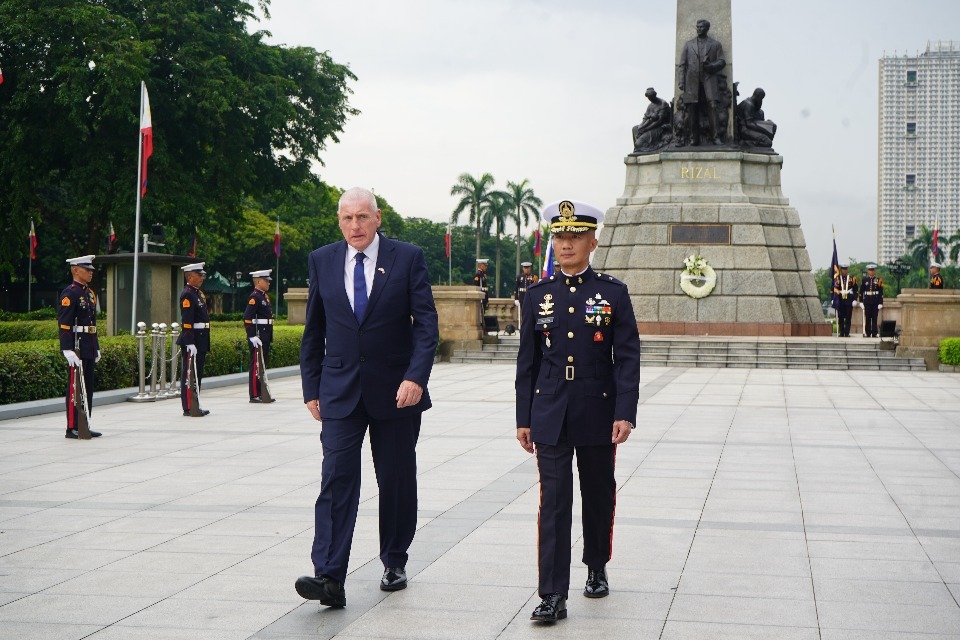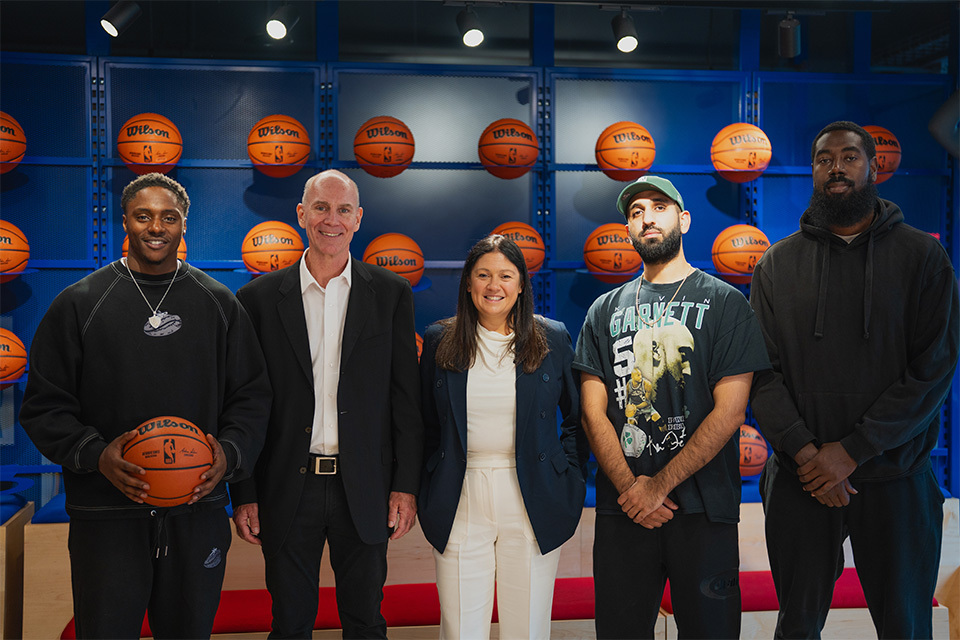Good morning. Welcome to HM Revenue and Customs’ Stakeholder Conference. I am delighted to see so many of our key tax and customs stakeholders in the room today, giving me an early opportunity to meet you all.
I am honoured to have been appointed Exchequer Secretary to the Treasury and I’m looking forward to working with JP Marks and his team, in close collaboration with customers and stakeholders, on HMRC’s vital transformation, as we deliver against our ambitious plans in the months and years ahead.
By way of introduction; I started my career at HM Treasury and have spent the past decade working on economic policy, including time as a senior economist at the Resolution Foundation.
I am proud to be Labour’s first MP for Chipping Barnet, and the government’s growth champion since joining Parliament.
As a constituency MP I see first-hand the impact of tax policy on the lives of my constituents, and I’m constantly thinking about how we can reform taxation to support economic growth and prosperity.
Last September, the Chancellor announced that my predecessor would take on the role of Chair of the HMRC Board – the first time a minister had taken on that role…
…bringing new opportunities to combine the political mandate on which this government was elected with the insight of Non-Executive Directors and the Executive Committee, and the expertise of officials right across HMRC’s offices in every region and nation of the UK.
Ministers have changed but the government hasn’t changed and I am committed to continuing the work of my predecessor as Chair of the HMRC Board, challenging the organisation to follow through on its transformation plans and championing its part in the government’s ambitions for Britain.
HMRC’s work powers that agenda – collecting £875.9 billion in revenues in 2024 to 2025, including protecting £48.0 billion which otherwise would have gone unpaid.
HMRC’s funding will increase from around £6 billion today to around £7 billion by the end of the decade, enabling the most ambitious ever package of measures to close the tax gap.
That investment will help get the NHS back on its feet, encourage trade and secure our borders, and support the work of other departments in the development and delivery of their objectives, as this government rebuilds Britain.
It will also transform HMRC – making the department more agile, empowering our people to be more innovative and productive, and embedding best practices from the private sector.
At the heart of the government’s vision is a modern tax and customs system that raises the revenue we need to support the public finances, whilst reducing the time that people spend managing their tax affairs, and freeing businesses’ time to focus on investment, their people and their communities.
That vision is encapsulated by the government’s – and my – three priorities for HMRC, priorities which are set out in HMRC’s Transformation Roadmap
Let’s go through each of these in turn…
The government’s first priority for HMRC is to improve day to day performance and the experience of our customers, and the investment we’ve made is delivering measurable improvements.
Every day, more people are getting a better service by using HMRC’s digital services.
Already this financial year 1.2 million new users have downloaded the HMRC app to manage their money and tax.
Three quarters of all customer interactions with HMRC now happen through digital self-serve, and we have ambitions to reach at least 90% by 2029 to 2030 – with greater automation and the latest technology, including AI.
While we want to make HMRC’s digital services so good that the vast majority don’t need to call, we recognise that there will always be those who need extra support from expert advisers.
Those who do need to call are receiving a better service due to the changes we’ve made. More calls are being answered quicker, with waiting times halved year-on-year.
While progress has been made, we can do better still, adding new digital services like that for PAYE, and making those already available better, including our recent improvements to digital Self Assessment.
These agile, iterative improvements are being developed and delivered quickly, informed by the best practice of the private sector, and in response to customer feedback. They are examples of how the department is delivering change differently.
As I said earlier, the government has made a major investment to deliver on HMRC’s second priority – closing the tax gap.
By 2029-30, HMRC will bring in £7.5 billion more tax revenue, making compliance easy for those who are trying to get their tax right and tackling some of the toughest areas of compliance risk.
HMRC will recruit and train an additional 5,500 new compliance caseworkers and 2,400 debt management staff by 2029 to 2030, with more than 700 additional caseworkers and 1,200 debt management staff on board already. More than 500 compliance recruits will begin training this month.
HMRC is also significantly scaling up its efforts to tackle offshore tax non-compliance by the wealthy. By the end of 2029 to 2030, an additional 400 specialists will work in this area. A new Complex Cross Tax and Offshore team of 70 experts has already been established, with more to come.
Most customers try to get their tax right. This can be made difficult if their tax affairs or the rules are complex. Intermediaries play a crucial role in helping customers to navigate that complexity, so we want to make it as easy as possible to support your clients, building trust in the system, and harder for the minority who harm it.
By the end of 2028, HMRC will deliver a new Digital Disclosure Service for customers and intermediaries to correct mistakes and pay liabilities and penalties.
And from April 2026, tax advisers who interact with HMRC on behalf of their clients will be required to register with HMRC – a first step to raising standards in the tax advice market. The change is backed with an investment of £36 million to establish a single digital registration service for practitioners.
Reform and modernisation, our third priority, are both critical to improving customer experience and closing the tax gap.
That’s why, over this spending review period, the government is investing £500 million in HMRC’s digital services – a major step towards becoming a truly digital-first organisation.
HMRC is making strong progress to future-proof, modernise and secure its IT estate, using fewer, more efficient and cost-effective platforms to build and adapt IT products more quickly.
All of this means that, by 2030, HMRC will be an agile department, with modern IT infrastructure, robust data capabilities, and more innovative technology including AI – with the right guardrails and oversight in place.
Just over 6 months from now, in April 2026, sole traders and landlords with income over £50,000 will be required to use Making Tax Digital for their Income Tax obligations.
This is a key part of our plan to modernise the tax system, and we’re working with you, our stakeholders, to ensure businesses are ready.
We now have thousands of volunteers signed up, a growing range of software, and we’ll be launching a marketing campaign next week, to ensure businesses are ready. Please help us by sharing our messages with your customers.
I am grateful for the critical role you have played in getting us to this point – preparing your members, challenging us on the detail, and increasingly getting on board.
We’re also enhancing digital services at the border such as the Customs Declaration Service, and launching a new AI service for the Online Trade Tariff – helping importers and exporters including SMEs to trade internationally and grow, with bespoke support to help them to easily understand their obligations.
And we’re modernising the UK’s excise system, removing outdated policies and manual processes and replacing them with smarter, more efficient systems.
This transformation is about more than just technology—it’s about collaboration. These improvements show how we’re working closely with industry to deliver change that is ambitious, practical, and sustainable.
The Transformation Roadmap sets out our ambitious vision for the future of the tax and customs system – ambitions commensurate with the importance of the department.
Just as important, I’m committed to HMRC working in partnership with you – our stakeholders and vital players in the UK’s tax and customs ecosystem – to deliver for the people of this country.
That means more co-creation, more transparency, and more opportunities for you, our stakeholders, to share best practice and to challenge us on delivery.
My commitment today is that HMRC will approach its discussions with transparency and a willingness to listen to your ideas and work through their implications in a spirit of collaboration.
Thank you.








